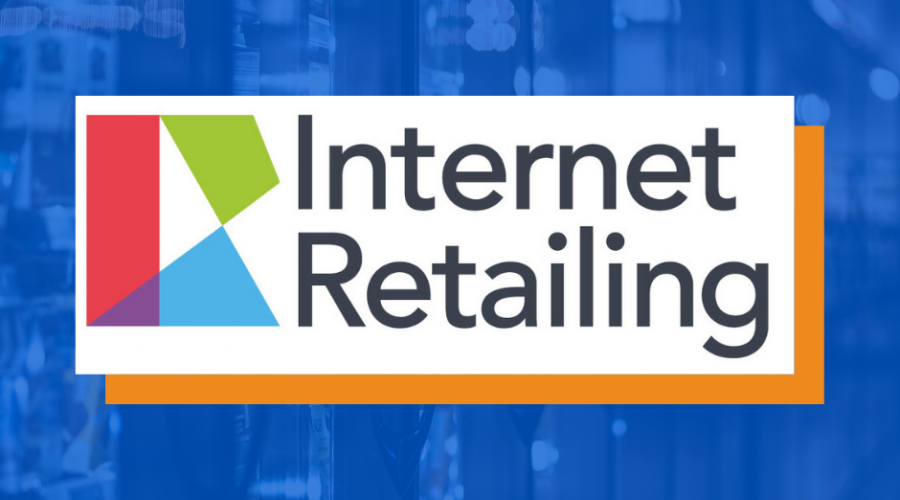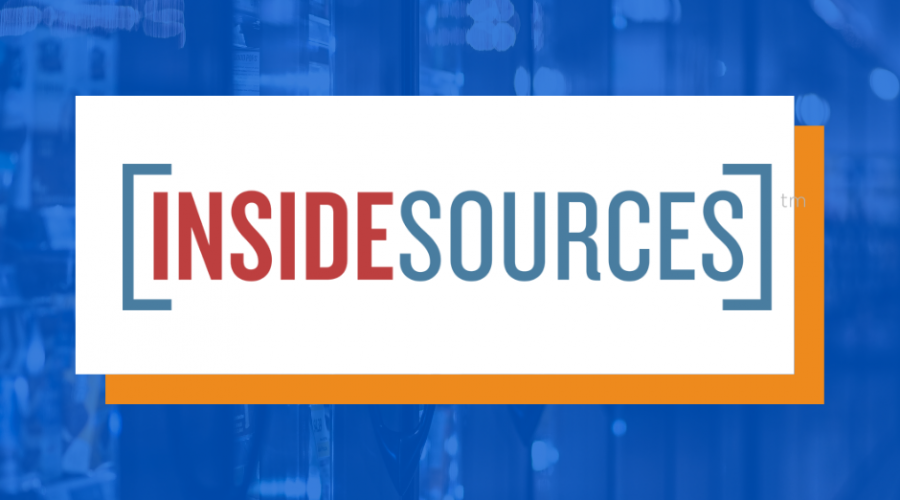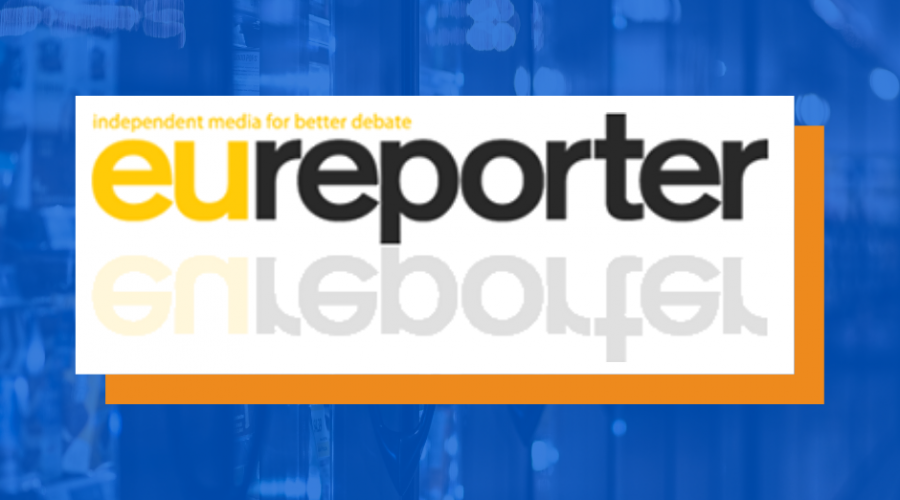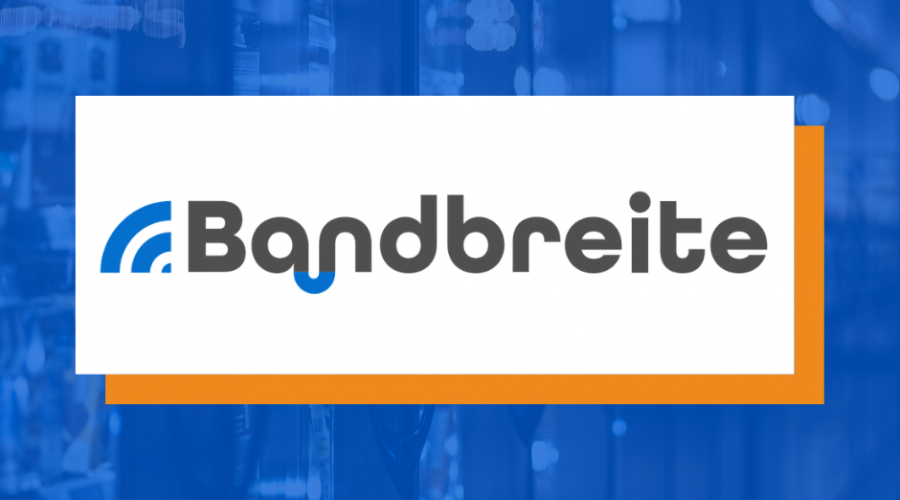Political opposition to Facebook’s Libra harms consumer choice and will backfire, warns consumer body
Just hours after Facebook announced its new Libra cryptocurrency project, European politicians issued stark warnings calling for tighter regulation of the platform. Some of the most vocal opponents are French Finance Minister Bruno Le Maire and Markus Ferber, a German member of the European Parliament.
In response, Fred Roeder, Managing Director at the Consumer Choice Center, said that “these political threats were harmful to consumer choice, and would ultimately backfire”.
“Overseeing regulation on Internet and financial firms is important, but the ’regulate first, innovate later’ mentality that came in response to Libra should give every Internet user a reason to be concerned. If every new Internet innovation now needs to be approved by lawmakers, that sets a dangerous precedent for the future of consumer choice online,” said Roeder.
Roeder believes that consumers have the right to choose if they want to use cryptocurrencies, or social networks and are aware of the great risks and benefits that go along with that. People want alternatives, especially with new digital tools, which is why there is so much interest from consumers.
“Allowing political figures to freeze future innovations and projects because of temporary partisan politics will keep European consumers from being able to enjoy the goods and services they enjoy online, not to mention being able to connect with thousands of their friends and family online,” he says.
“And it won’t stop here,” he warns. “If these threats continue, Bitcoin and dozens of other cryptocurrencies, as well as other social media platforms that millions of users have adopted, will also face well-intended but flawed regulation.We must have smart regulation that encourages competition, protects privacy, and ensures consumer choice. Prior restraint of innovation would be the opposite of that,” said Roeder.










